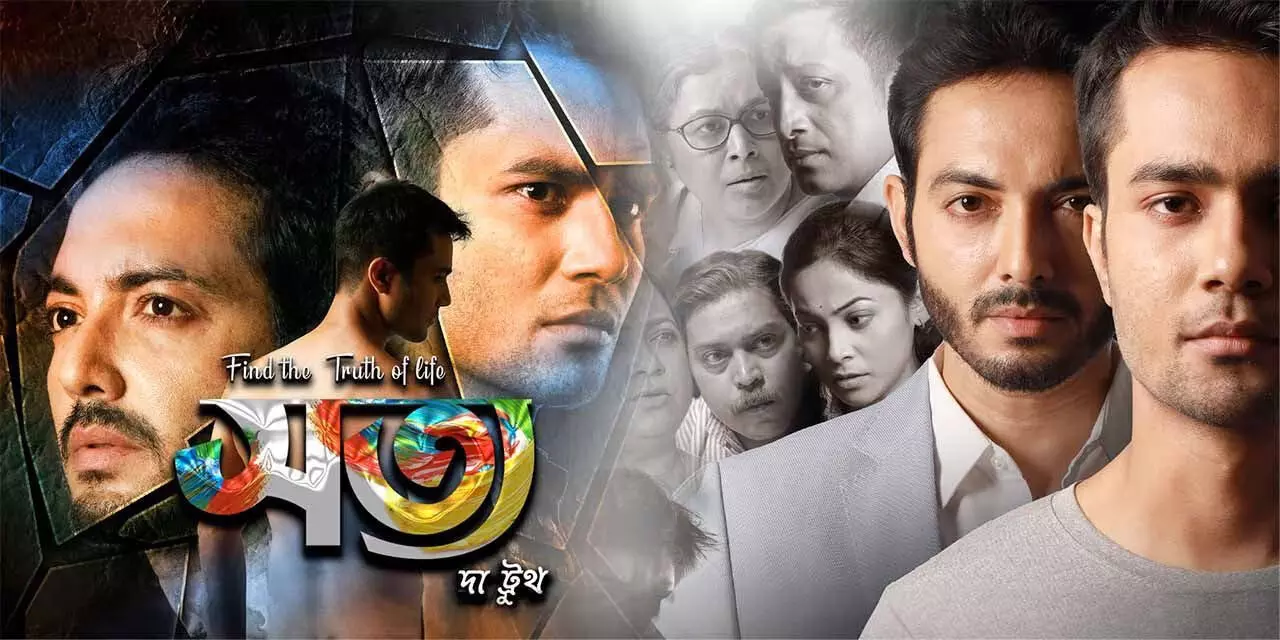Satya: The Truth – an uneven Assamese Queer Cinema

Guwahati: Rupjyoti Borthakur’s Satya: The Truth marks a rare and bold entry into queer storytelling in Assamese cinema. Set in contemporary Guwahati, the film follows the emotionally fraught relationship between Satya, a rebellious college student, and Amarjyoti Barua, a successful older businessman. Rakesh Barua plays Satya with youthful energy, though his performance suffers from uneven dialogue delivery, especially in English. In contrast, Utpal Das delivers a compelling performance as Amar, portraying emotional conflict with maturity and depth. Despite his strong screen presence, occasional inconsistency in the pronunciation of "Satya" distracts from an otherwise polished act. The supporting cast adds authenticity—Udayan Duwarah as Satya’s brother and Dorothy Bhardwaj as Amar’s wife are notable, with Bhardwaj bringing quiet emotional intelligence to a limited role. Where Satya succeeds is in treating queer love as emotionally valid rather than a token social message. The chemistry between the leads is handled with care, especially in their intimate moments, which avoid sensationalism. However, the film falters in storytelling. The screenplay lacks emotional development and relies heavily on repetitive family drama. The depth of Satya and Amar’s bond is more told than shown. Amar’s internal conflict post-marriage and his wife’s silent emotional world remain underexplored. The film’s climax—where Satya survives a drunken accident after learning of Amar’s marriage—falls flat, offering no healing or growth. Worse, it risks reinforcing harmful tropes that queer love is tragic or correctable, undermining its own progressive intent. Satya: The Truth is a brave, much-needed effort in Assamese cinema. But without stronger writing and deeper character insight, it remains a step forward rather than a breakthrough.


